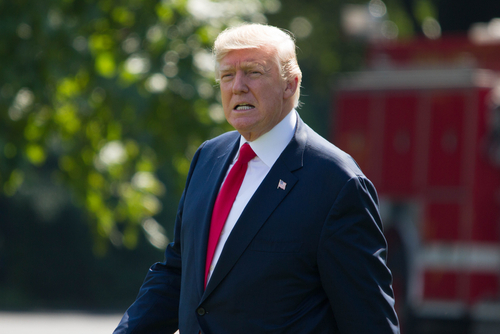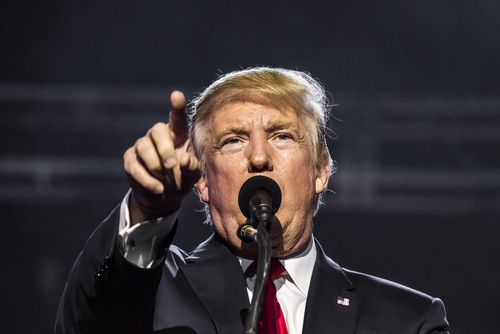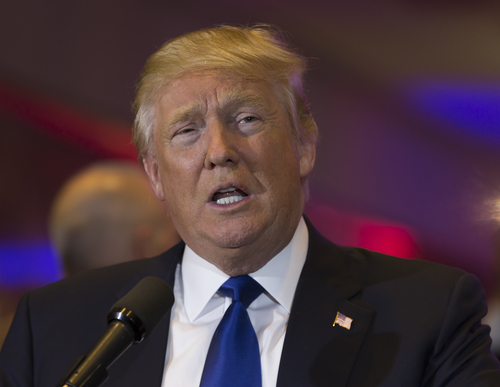Judge Juan Merchan has postponed the sentencing of former President Donald Trump in the Manhattan hush-money case to November 26, three weeks after the upcoming general election.
Trump, who was found guilty on all 34 counts in May, was originally set to be sentenced on July 11. This date was first moved to September 18, which would have been seven weeks before the election. However, on Friday, Merchan once again delayed the sentencing following a request from Trump and his legal team to push it beyond the November 5 election, as reported by The New York Times.
The case centers on allegations that Trump improperly categorized reimbursements to his former attorney, Michael Cohen, for a $130,000 payment to Stormy Daniels — made in exchange for her silence regarding an alleged extramarital affair — as legal expenses. Trump has consistently denied wrongdoing and described the case, brought by Manhattan Democratic District Attorney Alvin Bragg, as “election interference.”
Merchan explained the reasoning behind the delay, stating that it was intended “to avoid any appearance — however unwarranted — that the proceeding has been affected by or seeks to affect the approaching presidential election in which the Defendant is a candidate.” He emphasized, “The Court is a fair, impartial, and apolitical institution,” and added that his decision “should dispel any suggestion that the Court will have issued any decision or imposed sentence either to give an advantage to, or to create a disadvantage for, any political party and or any candidate for any office.”
In a separate development, Trump’s legal team attempted to transfer the case from Merchan’s state courtroom to a federal court prior to sentencing. This effort was denied by U.S. District Judge Alvin Hellerstein, who was appointed by former President Bill Clinton. Hellerstein wrote, “This court does not have jurisdiction to hear Mr. Trump’s arguments concerning the propriety of the New York trial,” and explained, “the proper recourse for parties seeking to remedy alleged errors made during a state trial is to pursue a state appeal or, at the highest level, to seek review from the Supreme Court of the United States.”
After Trump’s conviction in May, some legal scholars speculated that the Supreme Court might eventually intervene. Attorney Roger Severino told “Morning Wire,” “Ultimately, I think the Supreme Court, if he doesn’t win on appeal, will take this up and reverse. This is a political prosecution. We are better than this as a country and this cannot stand.” He added, “This is so shocking and unprecedented that we’re even discussing the possibility of putting political opponents in jail in the middle of an election.”






